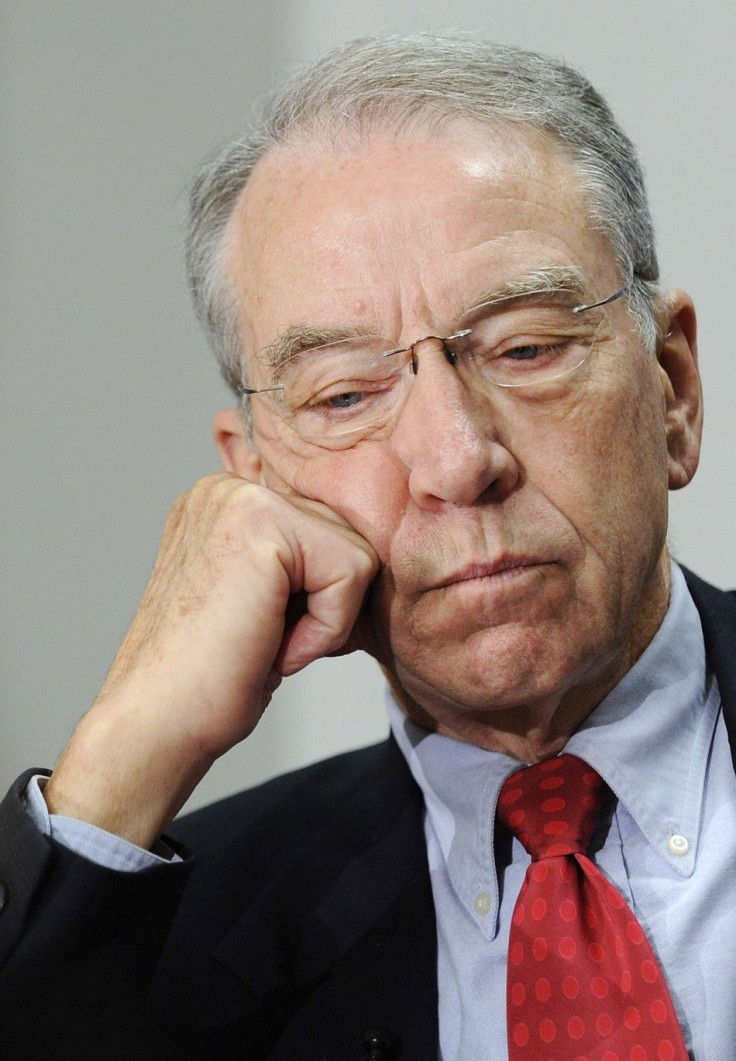Who Stands To Lose From Health Care Law? Members Of Congress

Congressional Republicans' attempt to repeal President Barack Obama's health care law is about to become even more combative. That's because members of Congress themselves, somewhat ironically, have something to lose if the law is fully implemented -- their health insurance plans.
Within the Affordable Care Act is a provision that ends the participation of members of Congress and their aides in the Federal Employees Health Benefit Program (FEHBP). Instead, they would have to obtain coverage, like much of the nation, through insurance exchanges created by the health care law, something lawmakers are apparently thinking twice about.
But here's the catch: That change only came about as a result of a Republican-sponsored amendment to the law, introduced by Sen. Tom Coburn of Oklahoma. In the thick of the debate over whether the ACA should create the public option -- a government-run health care plan -- during the summer of 2009, Coburn, along with Sen. Charles Grassley, R-Iowa, introduced the measure, supposedly to ensure lawmakers live under the same rules as their constituents.
Now, as House Republicans plan a Wednesday vote to repeal the entire ACA, some Democrats told The Hill they believe that, as reality sets in, some of the bill's opponents may be backing out of their promise to live by the same rules of the American people.
Not only are Republicans helping their insurance company donors, they're also trying to help themselves. House Republicans are set to repeal the promise that members of Congress have health care just like everyone else and to restart the perk of lifetime government health care for themselves, a unnamed Democratic official told The Hill.
The FEHBP is considered to be one of the most comprehensive and successful health care programs in the nation. The federal government subsidizes two-thirds of the cost of insurance, and employees, who can choose from a range of plans, are covered without limitations regarding pre-existing conditions. The program also allows government employees to keep their policies after they retire.
As Politifact points out, Coburn, after championing the provision removing some lawmakers from FEHBP, later told reporters that the American people will be appalled to learn that the health care bill exempts leadership and committee staff. Coburn and Grassley reportedly distanced themselves from their own amendment after it was altered by Senate leadership. In particular, the pair reportedly objected to its narrow definition of congressional staff, arguing it should be broadened to include the president, vice president and political appointees in the executive branch.
Wednesday's vote on the repeal bill, called the Repeal of ObamaCare Act, will not be the first attempt by Congress to overturn the legislation. House Republicans already passed the enthusiastically titled Repealing the Job-Killing Health Care Law Act right after taking over in January 2011, although -- as is expected for its reincarnation -- it did not have any traction in the Democratic-controlled Senate.
© Copyright IBTimes 2025. All rights reserved.





















